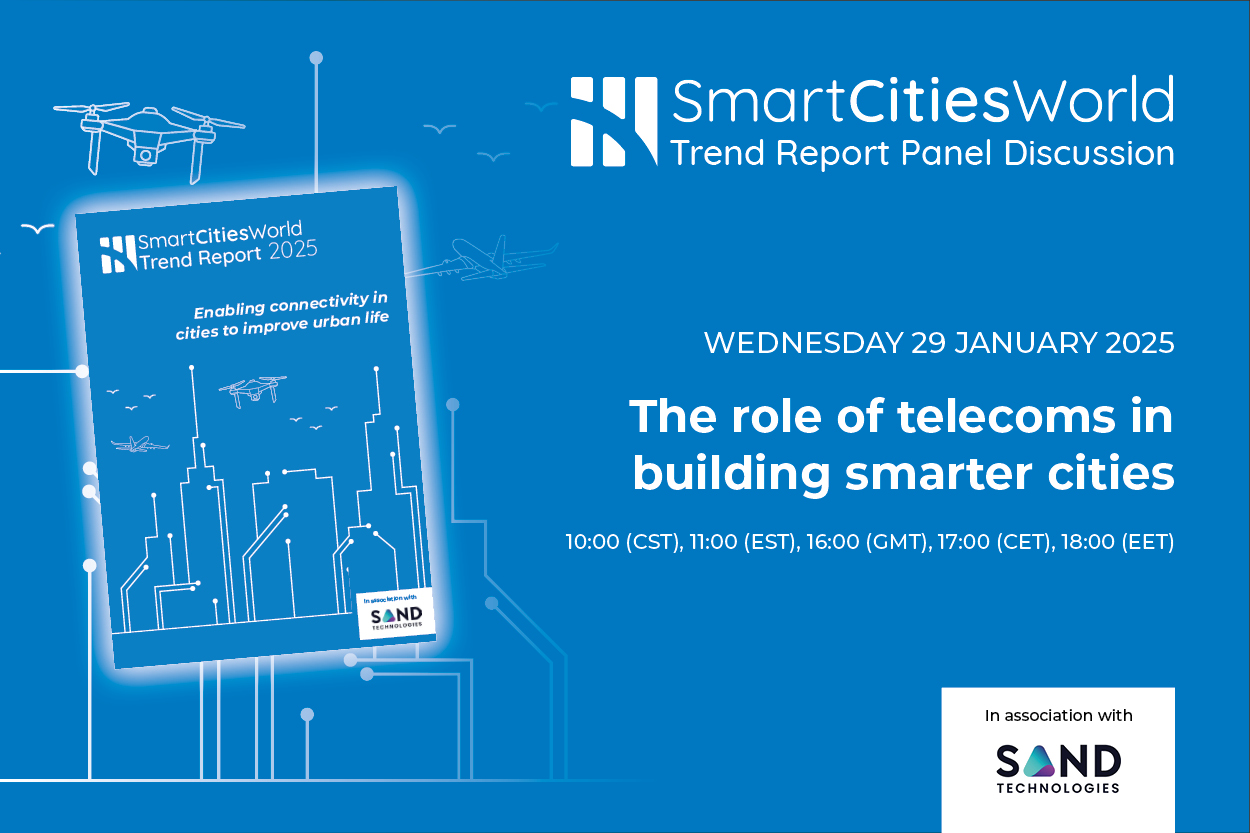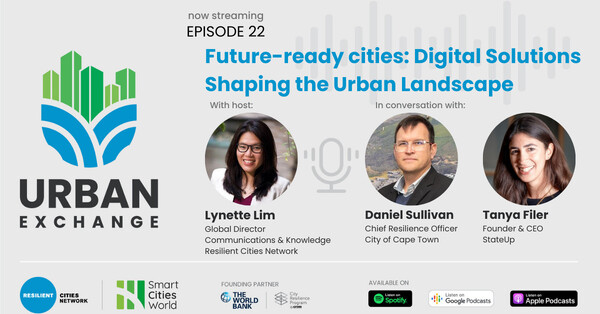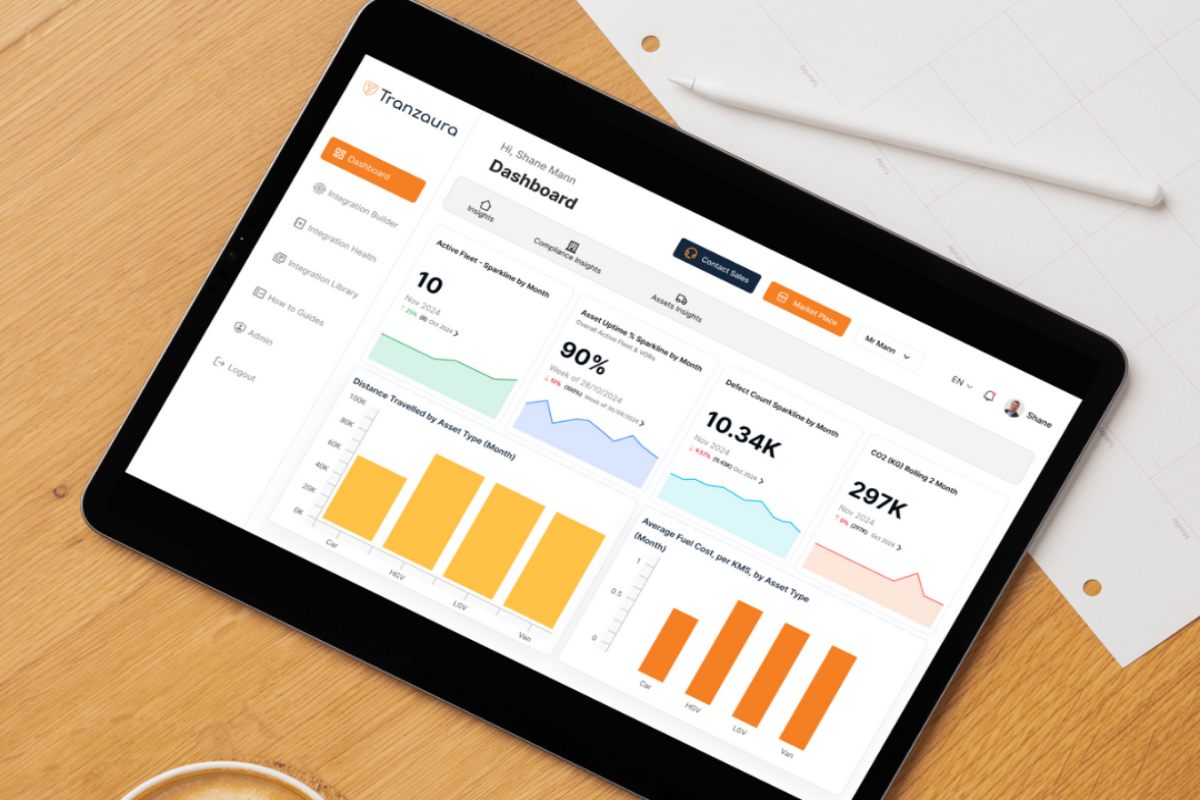Special Reports
SusHi Tech Tokyo 2024: experience ‘Tokyo 2050’ todaySponsored by The SusHi Tech Tokyo 2024 Showcase Program Executive Committee
Insight Report: Smart waste, an opportunity cities should not trash
Waste needs to smarten up in nearly every city around the world. There is no denying the scale of the challenge and city managers must tackle it sooner rather than later.
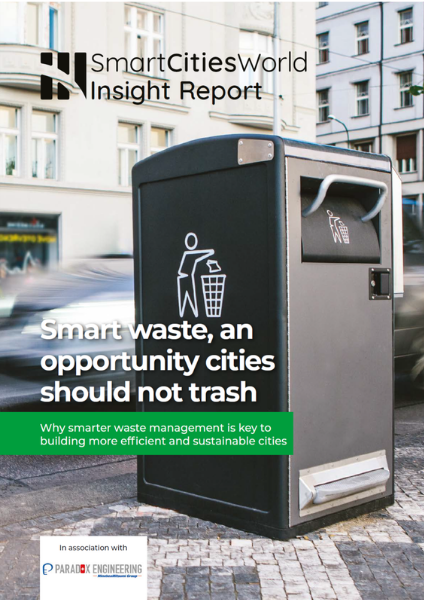
According to the World Bank, we generate more than two billion metric tons of municipal solid waste every year. It estimates that by 2050, annual waste generation will increase by 70 per cent to 3.4 billion metric tons.
The pressure is also on for cities to play their part in shifting from a linear to a circular economy and, in turn, tackle global issues such as climate change, pollution and poor air quality. Efficient and effective waste management cuts across a number of the United Nations’ Sustainable Development Goals (SDG) and is therefore a key part of a city’s global social responsibility.
At a more local level, poor waste management also costs cities financially and environmentally. For example, over-filled waste bins remain a common site in many cities, creating risks to public health and the environment, and making districts less attractive for residents and visitors. However, responding to the problem while continuing to control costs remains a challenge.
Putting in place smart waste strategies and solutions is the most direct way to address many of a cities’ pain points when it comes to waste management and is increasingly seen as a necessary step in the drive to build more efficient and sustainable cities.
This Insight Report covers:
- Insights into devising a smart waste roadmap and making it part of a smart city strategy based on real-world experience
- Eliminating barriers to smart waste integration such as lack of interoperability
- How technology can help cities achieve the EU’s recycling targets
- Increasing efficiencies and reducing the cost of waste collection
- The importance of waste volume detection
- Using technology for route and fleet optimisation
- Monitoring and tracking the success of a smart waste strategy
In association with:
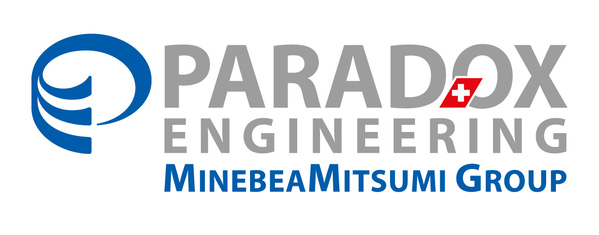
.
